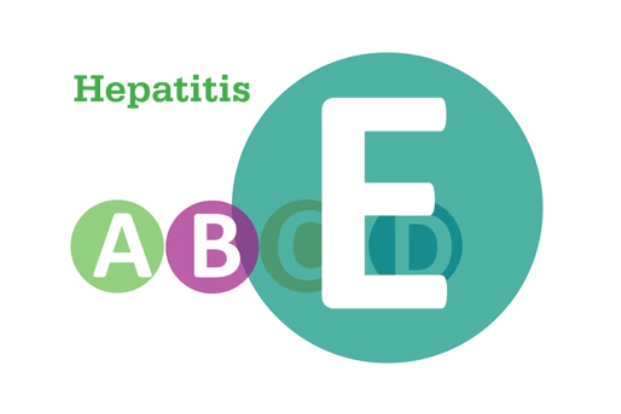Causes and Symptoms of hepatitis E?
Apr 19, 2022
Hepatitis E is a virus that infects your liver. It can cause your liver to swell up. Most people with hepatitis E get better within a few months. Usually, it doesn’t lead to long-term illness or liver damage like some other forms of hepatitis do. But hepatitis E can be dangerous for pregnant women or anyone with weak immune systems, including the elderly or people who are ill.

The hepatitis E virus spreads through stools. You can catch it if you drink or eat something that has been in contact with the stool of someone who has the virus. Hepatitis E is more common in parts of the world with poor handwashing habits and lack of clean water. Hepatitis E is a liver disease caused by infection with a virus known as hepatitis E virus (HEV). Usually, the infection is self-limiting and resolves within 2–6 weeks. Occasionally a serious disease, known as fulminant hepatitis (acute liver failure) develops, and a proportion of people with this disease can die.
Symptoms of Hepatitis E:
Symptoms of Hepatitis E include:
- Mild fever
- Tiredness
- Less hunger
- Stomach Pain
- Belly pain
- Light-colored poop
- Skin rash
- Joint pain
- Yellowish skin or eyes
Treatment for Hepatitis E:
- In most cases, hepatitis E goes away on its own in about 4 to 6 weeks.
- Check with your doctor before you take any medicine that may damage your liver, such as acetaminophen.
If you’re pregnant, the doctor may keep you under watch in the hospital. If your condition is serious, you may get medicine to fight the infection.









